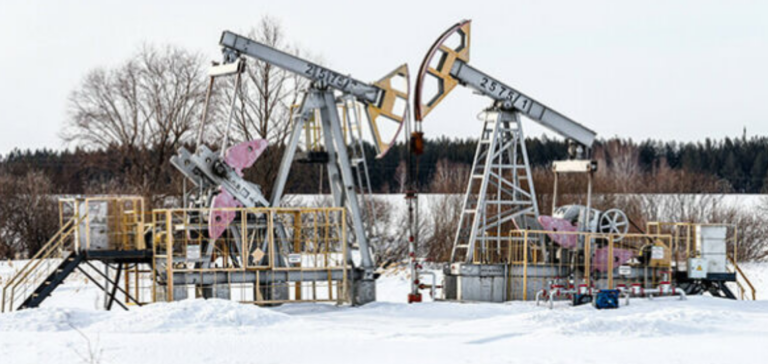On Monday, global markets recorded an increase in oil prices, with Brent North Sea crude rising 1.64% to $86.28 a barrel, while West Texas Intermediate (WTI) gained 1.78% to $81.94 a barrel. This increase is the result of a firm commitment by Saudi Arabia and Russia to maintain their crude oil production and export cuts until the end of the year.
Details of Production Reductions
Russia has announced that it will maintain its voluntary 300,000-barrel-per-day reduction in the supply of oil and oil products to world markets until the end of December 2023, according to Russian Deputy Prime Minister Alexander Novak. For its part, Saudi Arabia confirmed its production cut of one million barrels a day until the end of the year.
Monthly review of discounts
The two countries’ statements also indicate that they will review these reductions next month to decide whether to extend, intensify or eliminate them, depending on market conditions. Giovanni Staunovo, analyst at UBS, points out that this monthly review process enables Saudi Arabia to maintain control of the oil market by adjusting its production in line with market fundamentals.
Implications for the Oil Market
These decisions are in addition to the production cuts implemented since the beginning of May by nine countries, including Riyadh, Moscow, Baghdad and Dubai, totalling a daily reduction of 1.6 million barrels.
Future prospects
Giovanni Staunovo predicts that these voluntary supply cuts are likely to be extended into the first quarter of 2024, due to the seasonal weakness of oil demand at the start of each year and ongoing concerns about economic growth. The members of Opec+ (the Organization of the Petroleum Exporting Countries and their allies) are also seeking to maintain a certain price per barrel.
Despite this upturn in oil prices, prices have returned to their pre-Hamas attack on Israel on October 7, as fears of supply disruption from the Middle East conflict have eased. However, the gloomy economic outlook and weak manufacturing data around the world are likely to limit crude’s short-term gains, according to analysts.
The continued commitment of Saudi Arabia and Russia to maintain their oil production cuts has had a positive impact on oil prices, but uncertainties remain due to the global economic situation. The next monthly review of these cuts will be crucial for the oil market, and investors will be watching developments closely.






















